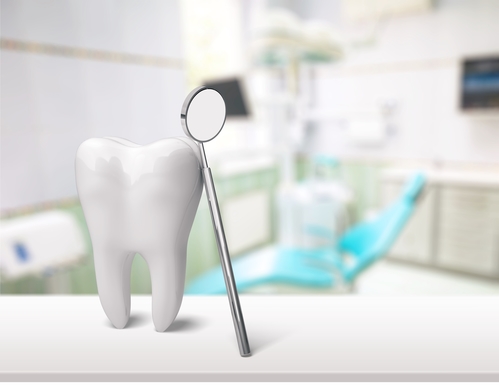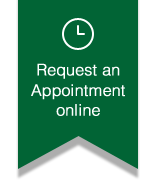
During orthodontic treatment, you may find yourself in the midst of an orthodontic emergency. Whether it be an uncomfortable wire poking the inside of your cheek, a broken-off bracket, or a cracked aligner, it’s important to stay calm and remember that accidents have a way of happening.
Fortunately, it is rare for an orthodontic emergency to take place. An emergency orthodontic appointment is not necessary in most cases unless you find yourself in pain or experiencing severe discomfort. A braces emergency is usually minor and can be fixed quickly and easily.
Here’s a reference guide containing orthodontic emergency information and tips for dealing with common issues at home or while traveling.
Loose or Broken Bracket
Eating hard foods or playing with your braces can cause a bracket to loosen or break off. If you are not experiencing any pain or discomfort associated with the broken bracket, you do not need to come in for an emergency appointment. If the bracket is causing irritation, temporarily hold it in place and cover it with your dental wax. Contact Thomas Orthodontics so we can determine if you should have it refitted before your next regularly scheduled appointment.
Sharp Wire End
The wire in braces can stick out and irritate your cheek, especially after having a new wire put in. Before leaving our offices, check the wires for any irritating or sharp spots. If you notice anything that doesn’t feel right, let a staff member know. If you notice a wire irritating your cheek after leaving your appointment, warm up a piece of dental wax and shape it into a ball. Place the ball of wax over the wire that is causing your discomfort. Call us to schedule a repair appointment where we will trim the excess wire.
Tooth Discomfort and Soreness
It’s common for teeth to become sore after first having braces put on. The soreness usually lasts for about a week. If you experience discomfort, eat a diet of soft foods and take an over-the-counter pain reliever to aid in reducing any soreness.
Mouth Ulcers
Small sores or ulcerations on the inside of your lips or cheeks at the beginning of orthodontic treatment is perfectly normal. Your mouth needs time to adjust to your new braces, and within a week or so, your ulcerations will begin to disappear on their own. If you find that irritation continues beyond the initial time frame, let your doctor know. Using dental wax to cover the edges and hooks on your brackets will help to reduce any irritation, allowing your mouth to heal quicker.
Broken Wire
If your wire completely pops out of your brackets, try to first push it back into the tube with your hands or tweezers. If you are unable to do so, use nail clippers to cut the wire and remove any loose pieces. Schedule an emergency appointment so we can get the wire repaired and keep your orthodontic treatment on schedule.
Lost Elastic
The wires that run through your brackets are held in place by ligatures, which are either tiny elastic bands or twisted wires. Every so often, a ligature can pop off. If you are able to locate the rubber band, you can wash it off and gently attempt to replace it over the bracket with tweezers. For wire ligatures, you can use the eraser end of a pencil or cotton swab and push it back into place if it is sticking out.
Lost Aligner
The best way to avoid losing your aligners is to always carry your case with you. When you take your aligners out to brush and floss or eat, store them in the case. Remember, napkins are the enemy of aligners and retainers. Keep your aligner safe and out of the trash by always following this rule.
Accidents Happen
Feeling confident in caring for your braces both at home and while traveling is vital during your treatment. Thomas Orthodontics is always here to help answer any questions or concerns you may have. Rest assured that if an orthodontic emergency does happen, we will keep your smile makeover on track!





